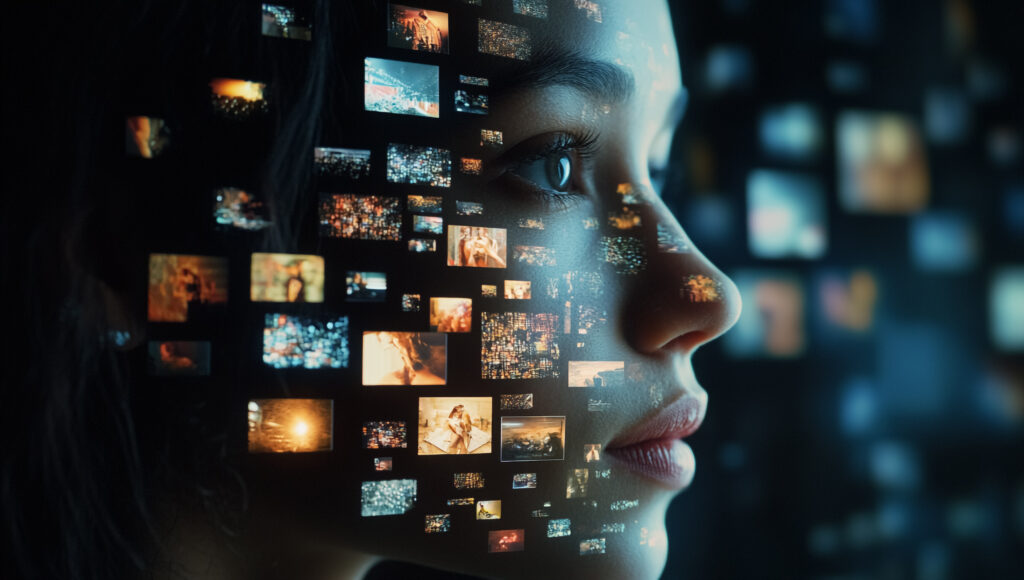One of the defining questions of our time remains severely underdiscussed. We made it our mission to bring these conversations to the heart of democratic discourse.
Digital Peace is a media platform evolving into a public think tank dedicated to strengthening democratic resilience in the digital age. We translate scientific insights into accessible formats, challenge dominant narratives, and create spaces for informed public dialogue – empowering people to critically examine and actively shape a digital future grounded in peace, democracy, and human dignity.

We translate academic insights into accessible analysis for public understanding and policy dialogue.
We investigate how digital transformation shapes peace, democracy, and social cohesion.
We share our insights with institutions, conferences, and the wider public to spark critical reflection and action.
We connect with researchers, practitioners, and civil society to co-create a more peaceful digital future.
We translate academic insights into accessible analysis for public understanding and policy dialogue.
We investigate how digital transformation shapes peace, democracy, and social cohesion.
We share our insights with institutions, conferences, and the wider public to spark critical reflection and action.
We connect with researchers, practitioners, and civil society to co-create a more peaceful digital future.
Technology fundamentally transforms our lives, yet democratic debate about it is lacking. These decisions must be subject to public deliberation, enabling societies to collectively shape their digital future.
Societies must build resilience against the negative consequences of digitalisation, this encompasses both the collective and the individual capacity to develop strategies that protect democratic values and social cohesion.
Information and cognitive warfare have transformed the internet into a conflict zone. AI will further amplify these dynamics. However, there are currently no peace policy frameworks in place to address this new reality.
Founder
Alissa Chmiel is the founder of Digital Peace, a peace advocate and researcher based in Berlin, Germany. Currently a PhD candidate at Helmut Schmidt University in Hamburg focusing on emotional and cognitive resilience, she holds a Master’s in Media, Peace and Conflict from the UN-mandated University for Peace and degrees in Political Science and Inclusive Education.
She founded Digital Peace to address a growing contradiction: conflict has moved online, but peacebuilding has not. While information warfare, AI-driven persuasion and platform dynamics increasingly influence public life, society still relies on analogue, outdated tools to protect democratic culture. Her work blends academic research with public communication, aiming to create a more informed, humane and future-oriented digital discourse.
Author
Ananthu Anilkumar is a development consultant with experience in human rights, development partnerships, and results management. His academic and professional background spans law, political science, development studies, and diplomacy.
His contributions to Digital Peace explore the intersections of human rights, development, and law. In today’s world, the pursuit of technological innovation often sidelines equity, making it urgent to restore balance between human development and technological progress. To him, Digital Peace holds the potential to bring forward perspectives that both highlight this imbalance and remain too often unseen.
Dario Migliorini is a freelance journalist and organized crime expert from Italy. With a background in Management Engineering and Peace and Conflict studies, he focuses on covering transnational organized crime dynamics and how they connect to geopolitics, economy, and peacebuilding. He is also a huge geography and history nerd.
Why Digital Peace? Dario believes that technology has the potential to empower citizen journalism and further mutual understanding across cultures. At the same time, he is concerned about the dangers of digital surveillance, social media algorithms, and the spread of misinformation.
Almira Zainutdinova is an AI Ethicist writing for Meer and collaborating with Digital Peace as an Expert on Digital Impact. With academic trajectory and experience in Engineering, her work focuses on how technology can foster our communication, intercultural understanding, and peace in the digital era.
She explores different aspects of AI ethics, and the human dimensions of innovation, advocating for responsible, inclusive, and emotionally intelligent approaches to digital transformation. Algorithmic bias, the digital divide, AI hallucinations, deepfakes, digital grief, and many other emerging phenomena are analyzed through her lens.

